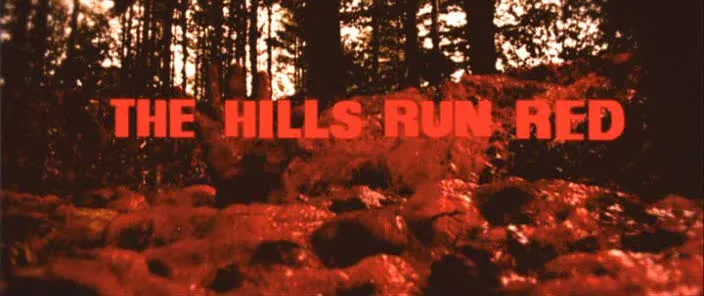Drown (2015) – A Study of Desire, Jealousy, and Masculinity
The 2015 Australian film Drown, directed by Dean Francis, is a powerful and unsettling drama that explores the fragile boundaries between friendship, rivalry, and desire. Based on the play by Stephen Davis, the film is set within Sydney’s competitive surf lifesaving culture, where masculinity is both celebrated and tested. It examines how repression, toxic masculinity, and jealousy can collide in devastating ways, leaving behind emotional scars as deep as the ocean it portrays.
The story centers on Len, a hardened surf lifesaver who has built his identity around dominance, tradition, and physical prowess. His world is shaken when a younger, openly gay swimmer named Phil joins the club and quickly earns the admiration of his peers. Phil’s natural talent in the water and his confident embrace of his sexuality not only challenge the old guard but also ignite something dangerous within Len. What begins as professional rivalry soon spirals into an unsettling mix of attraction, resentment, and self-hatred.
At the core of Drown is a brutal love triangle between Len, Phil, and Len’s best friend “Meat.” The dynamics between the three characters reveal how jealousy can manifest as aggression, particularly in environments where vulnerability is frowned upon. Len’s internal struggle with his own suppressed desires leads him to lash out, blurring the line between homoerotic tension and violent hostility. The film’s most harrowing moments unfold during a night of excessive drinking and reckless behavior, culminating in a confrontation that forces each character to face uncomfortable truths about identity, loyalty, and self-destruction.

Visually, Drown is both raw and lyrical. The cinematography captures the beauty of Australia’s coastal culture, juxtaposing sunlit surf scenes with shadowy, claustrophobic interiors where much of the tension erupts. The ocean becomes a metaphor for freedom and danger, representing both the allure of liberation and the threat of drowning—literally and metaphorically. This duality underscores the psychological turmoil experienced by the characters, particularly Len, who feels trapped between his desire and his fear of losing control.
Performance-wise, Matt Levett delivers a searing portrayal of Len, embodying the contradictions of a man torn apart by his own instincts. Jack Matthews as Phil radiates confidence and innocence, making his character both the target of admiration and resentment. Harry Cook, as Meat, provides a layered performance as the loyal friend caught in the crossfire of desire and betrayal. Together, their chemistry drives the film’s intensity, pulling the audience into a world where camaraderie and cruelty exist side by side.
Beyond its dramatic narrative, Drown functions as a critique of toxic masculinity and the suffocating expectations placed on men in hyper-masculine subcultures. It challenges viewers to confront how prejudice, repression, and homophobia can destroy not only relationships but also individual lives. The film does not shy away from depicting uncomfortable truths, making it as much a cautionary tale as it is a piece of social commentary.

Ultimately, Drown is a haunting exploration of desire and denial, reminding audiences that silence and suppression can be as destructive as open conflict. With its mix of emotional depth, striking visuals, and unflinching honesty, the film stands as an important contribution to queer cinema and a compelling portrait of human vulnerability.

-1751165924-q80.webp)
